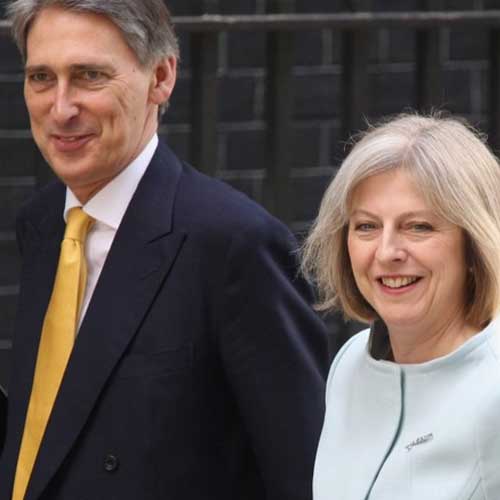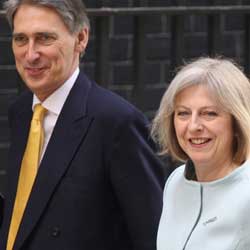Chancellor Philip Hammond delivered the 2018 Budget this afternoon with many spending giveaways after announcing better than forecast deficit reduction, borrowing reductions and growth.
The biggest surprise was at the end of his speech where he announced the personal allowance will be increased in advance of the manifesto pledge of 2020. This means from April next year (2019) the personal tax-free allowance will be £12,500 and the higher rate threshold kicks in on £50,000 of gross income and above.
Taxpayers would need over £37,500 of gross income after the tax-free allowance is deducted to be pushed into the higher rate, 40 percent, band. Hammond also stated that from 2021 the allowances will rise with inflation - so a freeze in 2020 for one year.
You can read more about the effects of this here.
Capital gains annual exempt amount will rise to £12,000 in 2019.
There were no mentions of removal of the dividend allowance, nor was any mention of reduction to pension tax reliefs in order to fund the increased spending. Duties on fuel and beer and spirits were to be frozen or continue to be frozen, however tobacco and wine duties will rise with inflation. Short haul air duty will not rise but long haul goes up with inflation.
VAT threshold movement was also not on the cards and will remain frozen at £85,000 until review in 2022.
Employers' national insurance exemption will be extended to small companies with turnovers below £100,000 - this means £3,000 of their national insurance bills. In addition, annual investment allowance for businesses is to be temporarily increased to £1 million pounds for two years.
Business rates for small business with rateable values below £51,000 will be reduced by a third until the next revaluation.
Stamp duty relief removal is extended to first time buyers purchasing shared ownership homes worth below £500,000.
Universal credit has seen a lot of criticism recently and the Chancellor tried to address this by increasing work allowances within the calculation, meaning claimants should be £630 better off per year.
Brexit will receive an additional £500 million for preparation costs, taking the grand total to over £4 billion set aside for the department to manage the transition.
A two percent digital services tax on tech giants will target companies making profits on UK sales/turnover over a certain threshold - this will come into action from 2020.
Numerous spending increases were announced, some previously known such as the NHS £20 billion funding rise, some new such as:
- A fund for schools of £400 million - averaging £10,000 for primary schools and £50,000 for secondary schools.
- £30 billion fund to improve the road network, including £420 million for councils to help fix potholes.
We will update our calculators shortly and provide a way for you to estimate the direct change in take home pay from 2019 whether you have one income source or multiple sources.
All tax calculators and tools across our website and apps are now updated for 2019/2020 - you can select the next tax year from the tax year selection options on individual tools. This means you can check now how your take home pay will be affected next year whether you have a single income source or multiple variable types of income sources.
If you are using the apps, next time you load the app you will be able to select the 2019 tax year automatically.
You can use our custom tax calculator to see the result of just the changes to personal income tax for 2019 here.
View the full tax rates and allowances for the 2019/2020 tax year.



